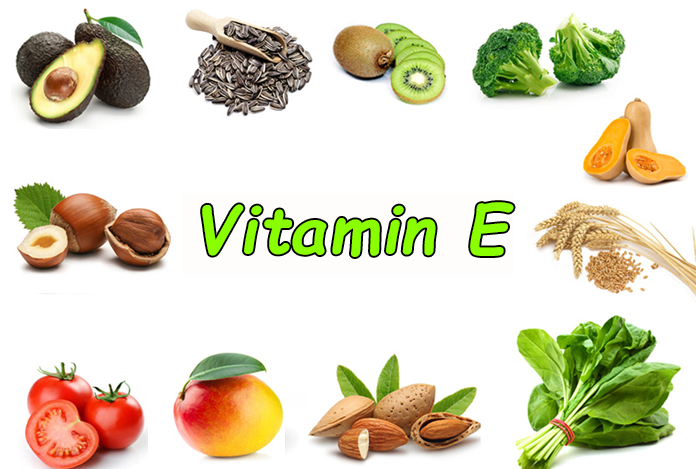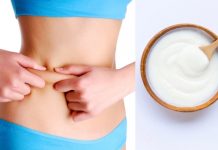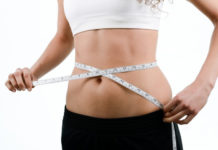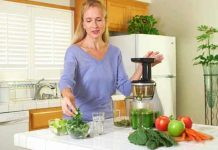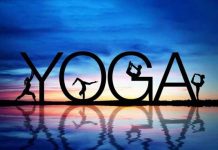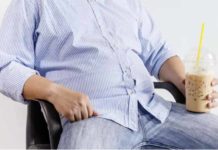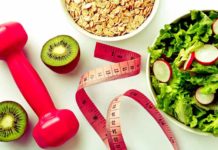
Nothing else can miraculously make you lose excess weight except some lifestyle changes, including diet and workout. A quick Google search on rapid weight loss can give you thousands of results with respect to workout, sleep duration, diet, meditation, yoga and what not!
However, if you concentrate on the root causes of overweight or obesity, i.e., lack of physical activity and poor food habits, it can be easily deduced that being a little more active and bringing necessary changes in one’s diet can help you achieve the desired body weight. In fact, including essential nutrients in one’s diet, avoiding junk foods and switching to a well-balanced diet can substantially accelerate the weight loss process.
When it comes to essential nutrients, vitamins have a crucial role in weight loss. This is because its required amount in the body helps perform many important functions. In relation to weight loss, vitamins discourage fat deposition. As a result, you get a slim, active and healthy body.
If you are not taking enough vitamins through your diet, its deficiency will directly affect your liver – a vital organ that is involved in the beta-oxidation procedure. In this process, fatty acids are broken down to generate energy. This process involves several enzymes that need vitamins and minerals for their activation and normal functioning.
There are a few vitamins that play a crucial role in the weight loss process. And, these can be easily found in our daily foods. Let’s have a look.
Vitamin B Complex
It is very important for weight loss, but it shows its effectiveness when all forms of vitamin B (8 types) are consumed together. These vitamins help your body to perform various functions, and their deficiency may affect your weight loss efforts. It helps in weight loss because it breaks down fats and carbohydrates by restoring healthy digestion.
Vitamin B1 (Thiamine):
There are several natural ways to include thiamine in your daily diet. Foods rich in thiamine include dried milk, nuts, beef, liver, pork, eggs, oats, oranges, seeds, legumes, yeast and peas. Foods like rice, cereals, flour pasta and breads are often fortified with B1.
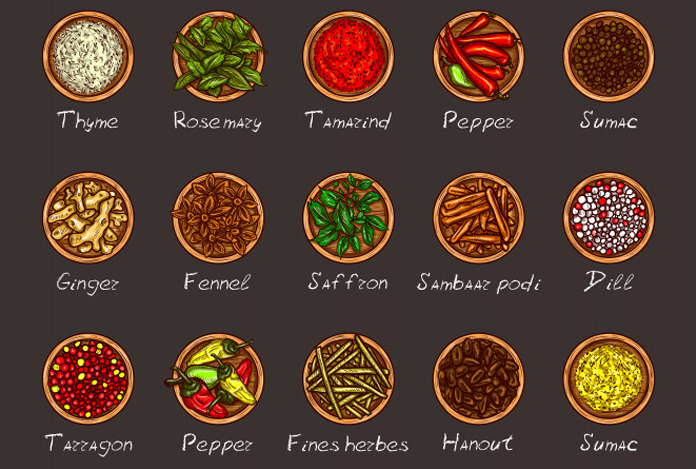
Vitamin B2 (Riboflavin):
It is a water-soluble vitamin and it gets flushed out of the body. Therefore, it must be restored daily. Riboflavin is available in eggs, meats, broccoli, nuts, dairy products, brewer’s yeast, wheat germ, Brussel sprouts, mushrooms, soybeans, wild rice, whole grain and green leafy vegetables.
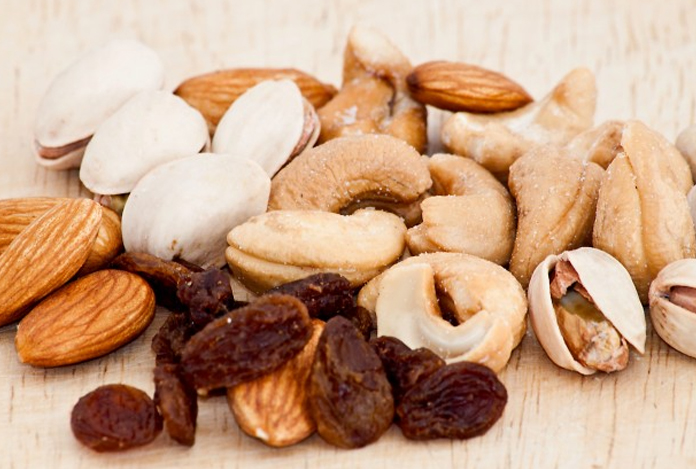
Vitamin
B3 (Niacin):
Foods rich in niacin include yeast, eggs, nuts, meat, green vegetables, fish, milk, beans and enriched cereals and breads. Also, your body is capable of making niacin from the amino acid, tryptophan.
Vitamin B5 (Pantothenic Acid):
Foods rich in pantothenic acid are legumes & lentils, avocados, mushrooms, milk, organ meats (like kidneys and liver), eggs, cabbage, whole grain cereals, white & sweet potatoes, and yeast. Also, foods like fish, shellfish, egg yolks, broccoli, chicken and yogurt are a decent source of vitamin B5.
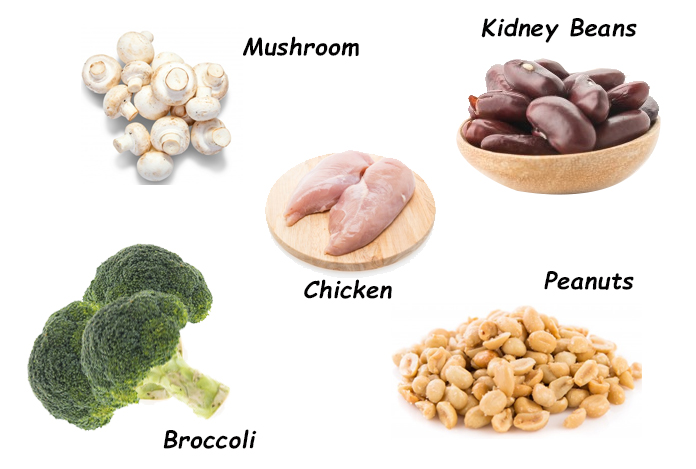
Vitamin B6 (Pyridoxine):
As your body can easily have deficiency of pyridoxine, you should consume foods that contain vitamin B6 on a daily basis. Some of the best sources of pyridoxine include beans, cereals, poultry, fish, dark green vegetables, cantaloupe, papayas, Bananas and oranges.
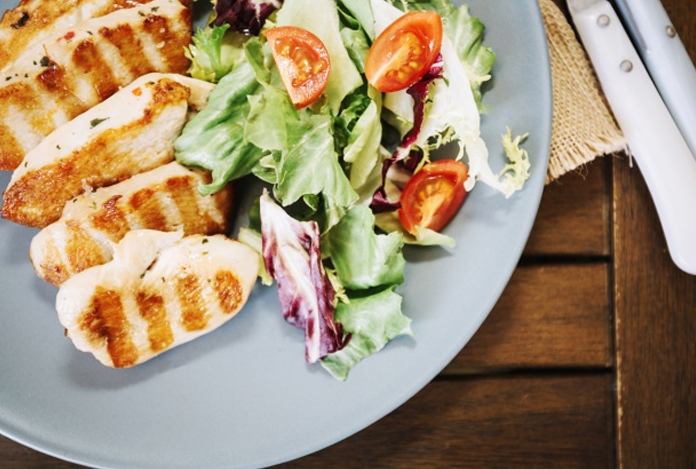
Vitamin B7 (Biotin):
Biotin is found in various foods but in small amount. Foods like liver, cauliflower, bananas, salmon, carrots, soy flour, whole grain cereals, yeast, wheat germ, whole wheat bread, nuts, eggs, dairy products, Swiss chard and chicken contain biotin.
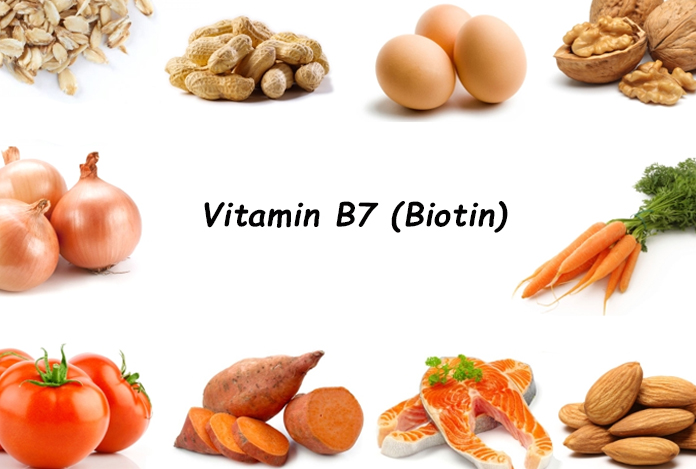
Folate B9 (Folate or Folic Acid):
The best dietary sources of vitamin B9 are yeast, asparagus, spinach, liver, Brussels sprouts and green leafy vegetables, fruits and dried beans. Fortified foods like cereals, breads, crackers, flour and pasta are also its good dietary sources.
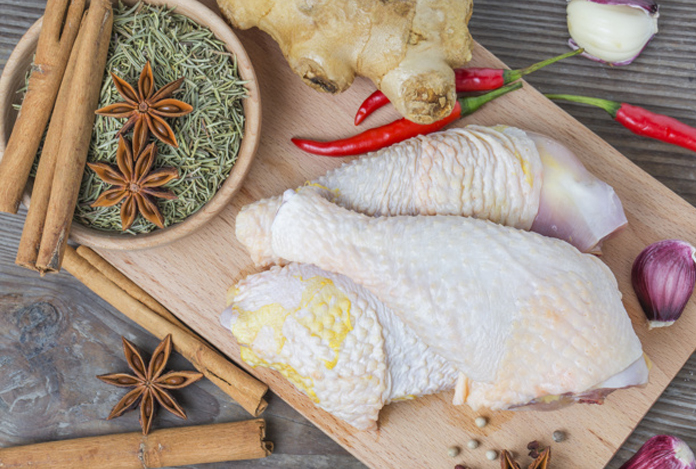
Vitamin B12 (Cyanocobalamin):
It is naturally found in animal products like eggs, fish, meat, milk, and milk products. Vitamin B12 is not usually available in plant foods, but breakfast cereals can be a good source of cyanocobalamin for vegetarians. There are also a few nutritional yeast products that have vitamin B12.
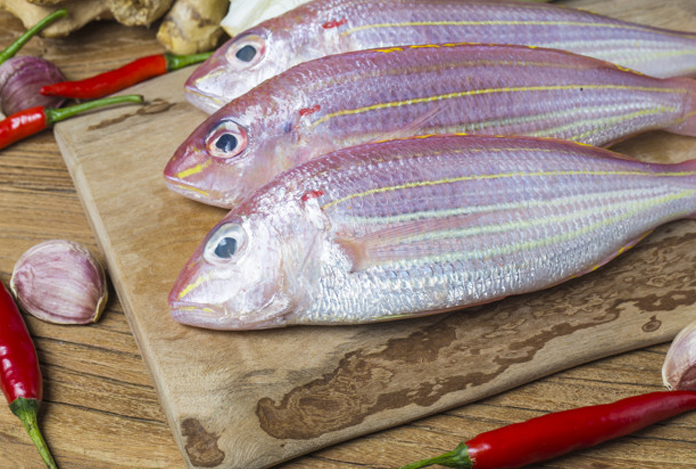
Vitamin C
Many people consume vitamin C more than its requirement, to support weight loss. But, they do not realize the fact that our body doesn’t require a substance more than what it needs, and there is hardly any evidence that indicates that excess intake of vitamin is beneficial in relation to weight loss.
A balanced diet can give you enough of vitamin C. However, if you have been diagnoses with its deficiency, you should fulfill the required amounts. Needless to day, your doctor is the best person to tell you whether you are getting it enough.
Green vegetables and fruits are the best sources of vitamin C. Potatoes, tomatoes & tomato juice and citrus fruits are its major contributors. Other sources include red and green peppers, strawberries, kiwifruit, cantaloupe, broccoli and Brussels sprouts.
Although vitamin C is not found in grains, it is added to some breakfast cereals. Not many people are aware of the fact that cooking lowers the concentration of vitamin C in foods. This is because ascorbic acid is easily soluble in water and can be destroyed by heat. Consumption of five different fruits and vegetables daily can give your body more than 200 mg of vitamin C.
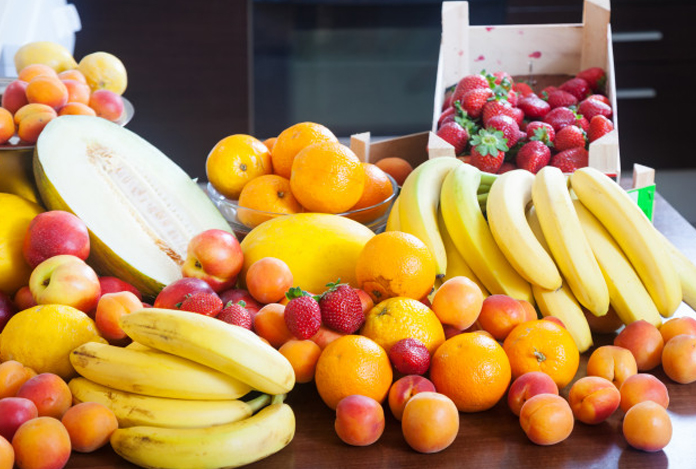
Vitamin D
It is common to have deficiency of vitamin D, especially if you have a lifestyle, wherein you don’t get enough time to go outside and spent time under sun. However, it is very important for our health. Vitamin D not only acts as a mood booster, but also improves the immunity. Various studies have shown that people, who have vitamin D deficiency are more susceptible to gain weight.
Sunlight is necessary for its production and not many foods contain vitamin D. Flesh of fatty fish like mackerel, salmon & tuna and fish liver oils are some of its best sources. It is also found in foods like beef liver, egg yolk and cheese, but in small amount. Sometimes, ready-to-eat breakfast cereals also have added vitamin D.
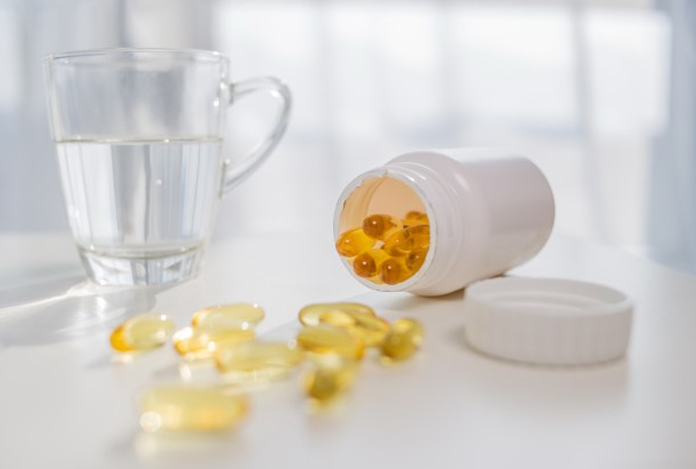
Vitamin E
This vitamin is not only essential for our body, but also supports our daily workout regimen. It supports your muscles to relax and recover after an intense workout session and can provide the required energy to perform different exercises.
There are a lot of foods that contain vitamin E. Vegetable oils, nuts and seeds are among its best sources. Also, significant amounts of vitamin E can be found in green leafy vegetables and fortified cereals.
People usually get enough vitamins from the food they eat. But, some people have trouble absorbing the vitamins from the food. If you are one of those people and suspect the you have deficiency of one or more vitamins despite following a healthy diet, it is advisable to visit a doctor. Only after proper diagnosis, you can opt for various vitamin tablets and supplements to overcome its deficiency.
